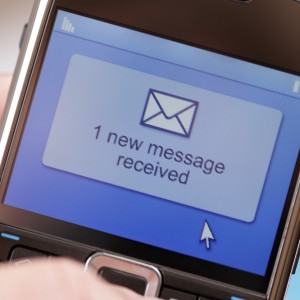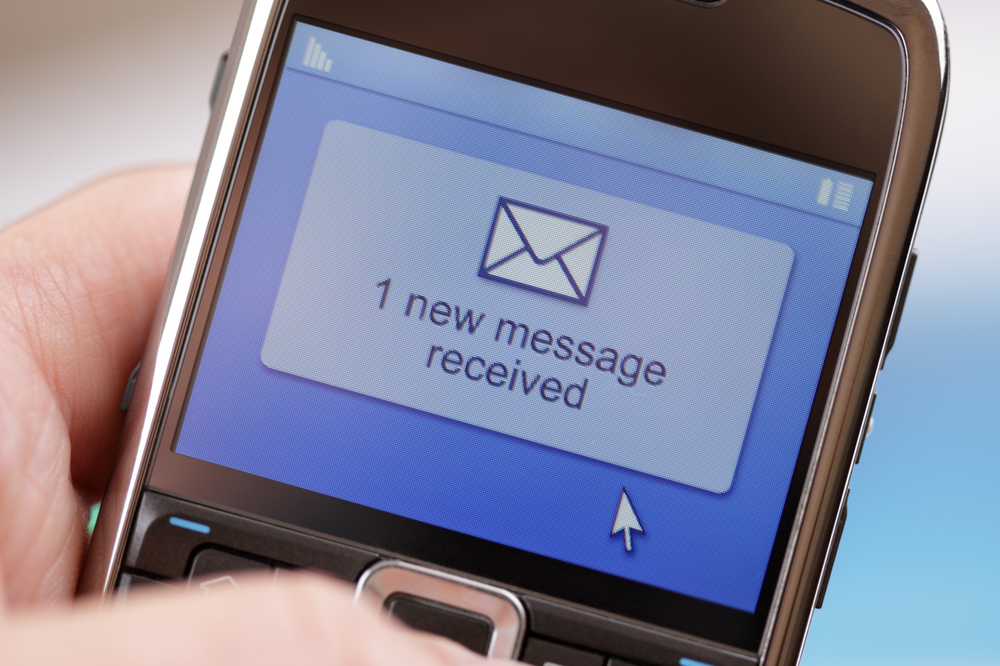 A collaborative study between QUT, Cancer Council Queensland and University of Queensland has concluded that mobile text messages can improve skin cancer prevention while promoting solar protection.
A collaborative study between QUT, Cancer Council Queensland and University of Queensland has concluded that mobile text messages can improve skin cancer prevention while promoting solar protection.
The study, published in the Preventative Medicine journal, took place during a 12-month period and targeted individuals between the age of 18 and 42, who are considered to be in the age group with higher rates of mobile phone utilization.
The trial was named the “Healthy Text” and assessed the influence and value of SMS-delivered messages that promoted solar protection and skin self-examination, to allow early skin cancer detection. Furthermore, text messages encouraging physical exercise were also sent to a group of individuals.
During the first twelve weeks, subjects received weekly text messages, and after this initial period, they received one text message every month for a total period of nine months. Additionally, all patients received a final thorough telephone interview.
According to the lead investigator Associate Professor Monika Janda from QUT’s Institute of Health and Biomedical Innovation, the study included over 500 participants, and was able to conclude that, “SMS-delivered intervention was effective, far-reaching, flexible and individualized. Australia has the highest rate of skin cancer incidence in the world and melanoma is the most common cancer in those aged 15-44,” Professor Janda said in a news release. “SMS messages are an acceptable and feasible way to reach people, particularly those under 45, with personalized skin cancer prevention texts which take into account a person’s age, skin type, gender and risk factors.”
The content of text messages included reminders of sunscreen wear, appropriate sun protecting clothes, and solar exposure limitation (between 10 am and 4 pm). The messages also encouraged participants to have their partner or spouse check their skin for suspicions lesions.
“Text messages are conversational in tone and those used for the trial were designed to suggest and reinforce understanding and behavioral skills in relation to skin cancer prevention and early detection of symptoms. They are highly effective in promoting personal responsibility and providing positive reinforcement,” Professor Janda said. “By the end of the 12 months, the self-reported sun protection habits of those who participated in the sun protection and skin self-examination groups showed significant improvement. The proportion conducting any skin self-examination, not specifically of the whole-body, significantly increased in the skin self-examination group from 37 per cent to 63 per cent. The final sample concluded that those who participated in the trial were probably more health conscious than the general population of a similar age. It was pleasing to see the improvements, and it may be possible to see greater improvements in people who are less health conscious.”
Professor Janda stressed that this study could encourage the development of a database where subscribers would receive regular text messages to create sun protection awareness and promote skin self-examination, improving early skin cancer detection.
“Many participants in our trial would have liked more regular SMS messages and I think future research could incorporate multimedia messages and the opportunity for individuals to have an input into programs to allow them to control the timing and frequency of the messages,” Prof. Janda concluded.


